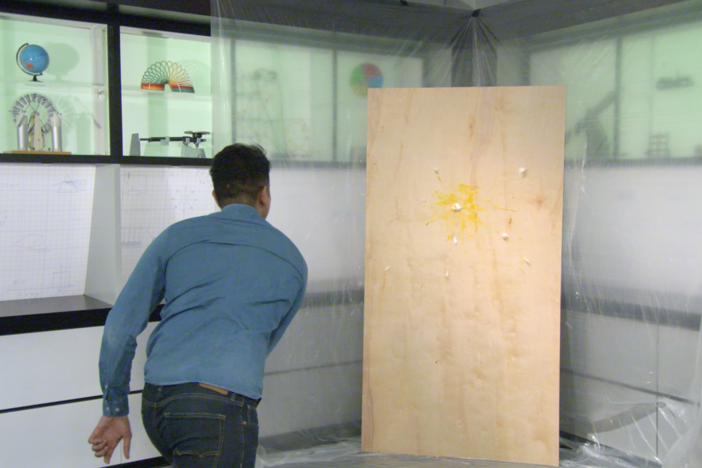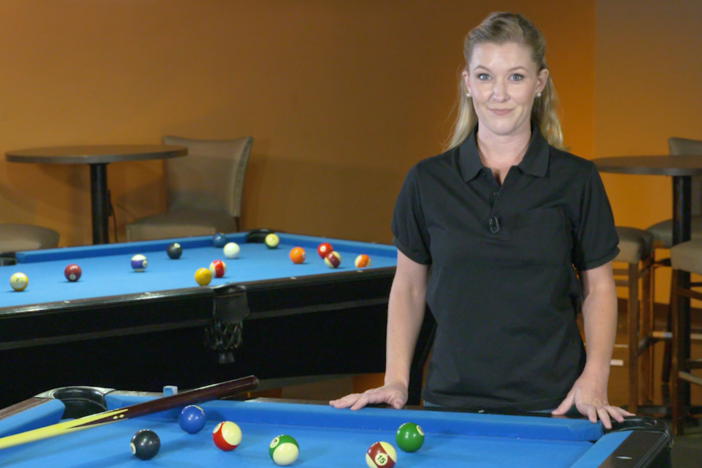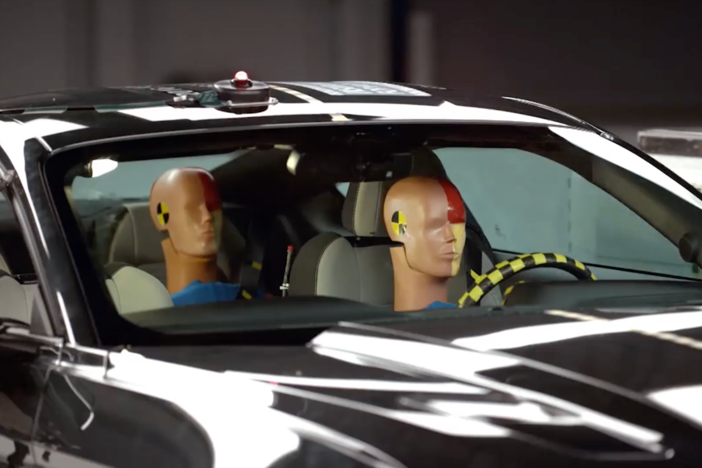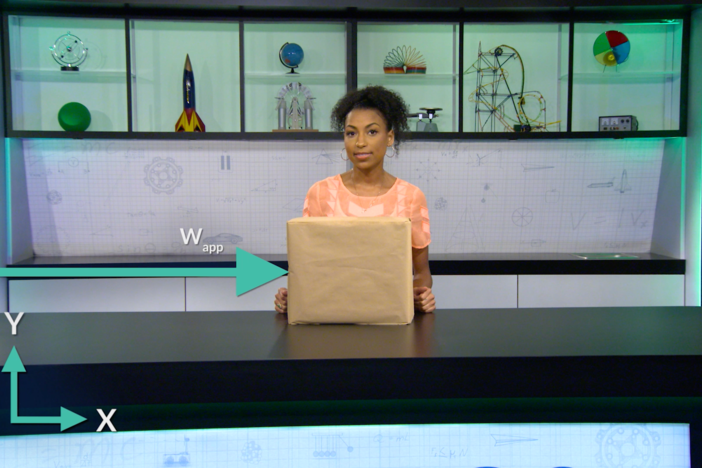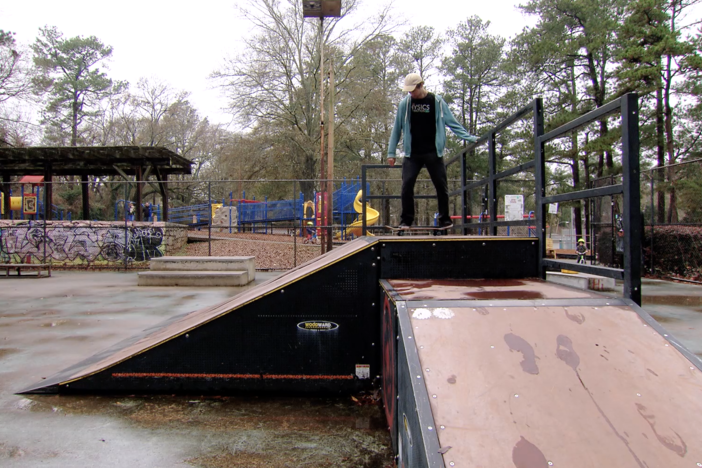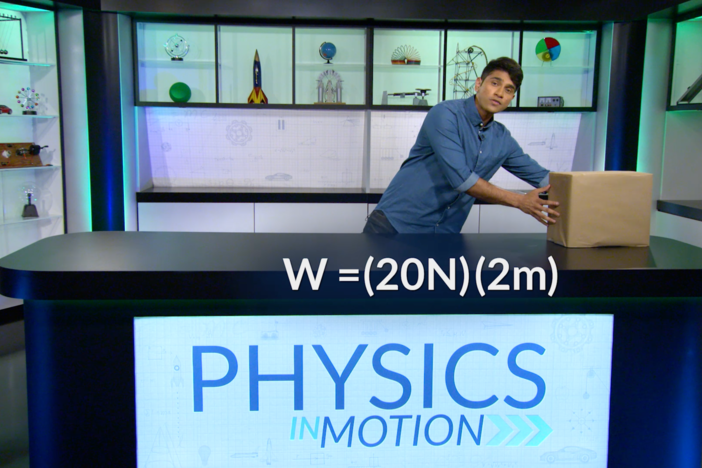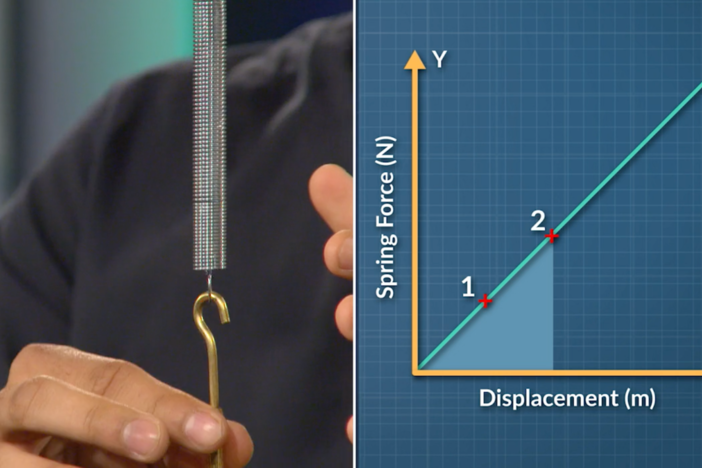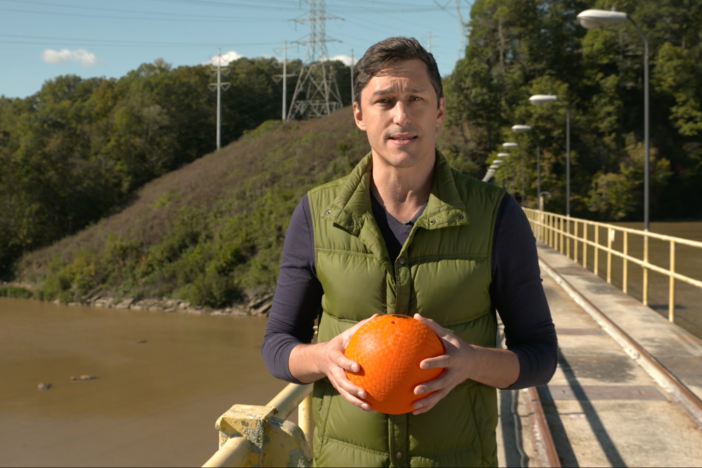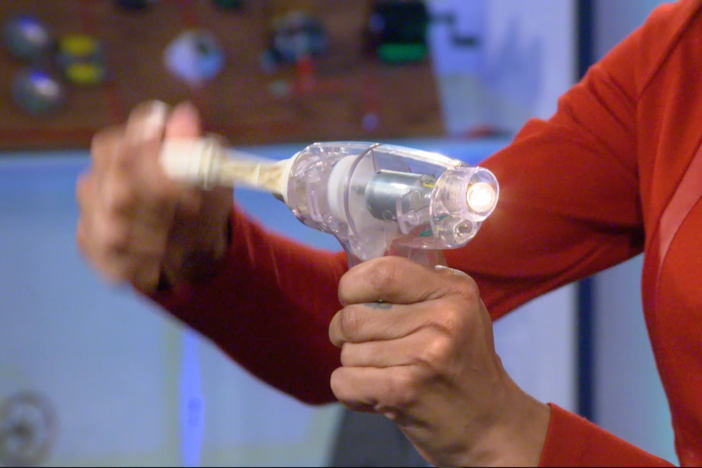WATCH LIVE | The 2024 Georgia High School Music Theatre Awards At 8 P.M.
Segment D: Work
Work and energy are explored in this segment as we look at the work done by various types of forces. We also investigate what it means for the work done by an object when displacement and force are oriented in a variety of different ways.
Segment D: Work
Work and energy are explored in this segment as we look at the work done by various types of forces. We also investigate what it means for the work done by an object when displacement and force are oriented in a variety of different ways.
Science
Obtain, evaluate, and communicate information about the importance of conservation laws for mechanical energy and linear momentum in predicting the behavior of physical systems.
Ask questions to compare and contrast open and closed systems.
Obtain, evaluate, and communicate information to explain the relationships among force, mass, and motion.
-Define work, explaining that it is a scalar quantity that depends on the force applied to an object combined with the object’s displacement.
-Show that work is positive when the force and the object’s displacement are in the same direction, negative when force and displacement are in opposite directions, and zero if force and displacement are perpendicular or if the object doesn’t move at all or if the force exerted on the object is zero.
-Define energy. Note that all work requires energy.
-Review the difference between open and closed systems and apply this knowledge to how an object gains and loses energy.
closed system - matter does not enter or leave a system, and no net outside forces act on the system.
energy - the ability to do work.
joule (J) - a unit of work or energy equal to the work done by a force of one newton acting through a displacement of one meter.
law of conservation of energy - energy is never created or destroyed; it is transferred or transformed from one form to another.
work (W) - when a force causes displacement of an object.
The Physics in Motion teacher toolkit provides instructions and answer keys for study questions, practice problems, labs for all seven units of study. GPB offers the teacher toolkit at no cost to Georgia educators.To order your teacher toolkit, complete and submit this form to request the teacher toolkit. You only need to submit this form one time to get materials for all seven units.
